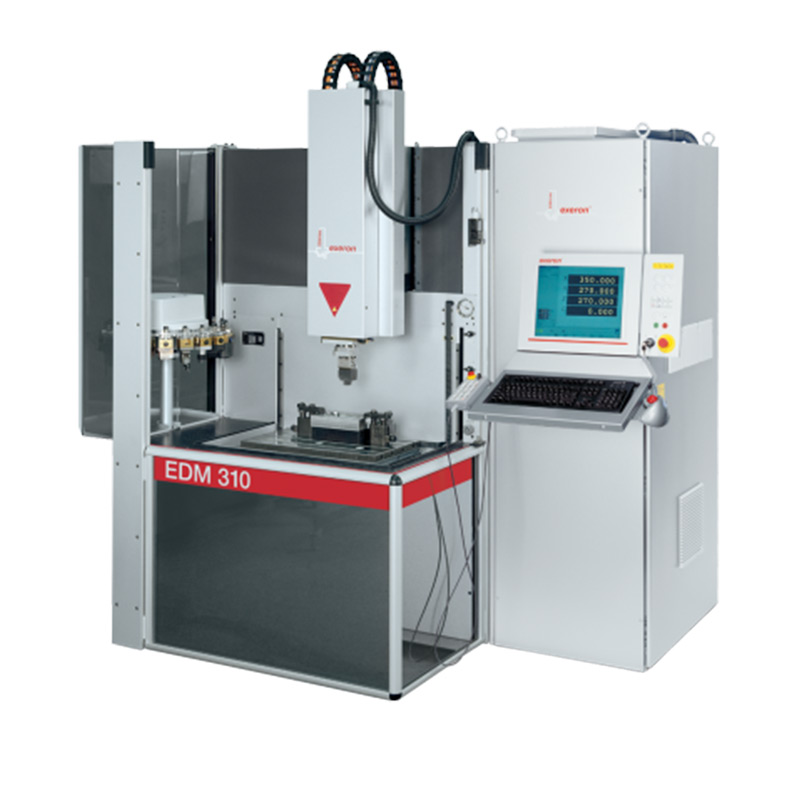
- Afrikaans
- Albanian
- Amharic
- Arabic
- Armenian
- Azerbaijani
- Basque
- Belarusian
- Bengali
- Bosnian
- Bulgarian
- Catalan
- Cebuano
- Corsican
- Croatian
- Czech
- Danish
- Dutch
- English
- Esperanto
- Estonian
- Finnish
- French
- Frisian
- Galician
- Georgian
- German
- Greek
- Gujarati
- Haitian Creole
- hausa
- hawaiian
- Hebrew
- Hindi
- Miao
- Hungarian
- Icelandic
- igbo
- Indonesian
- irish
- Italian
- Japanese
- Javanese
- Kannada
- kazakh
- Khmer
- Rwandese
- Korean
- Kurdish
- Kyrgyz
- Lao
- Latin
- Latvian
- Lithuanian
- Luxembourgish
- Macedonian
- Malgashi
- Malay
- Malayalam
- Maltese
- Maori
- Marathi
- Mongolian
- Myanmar
- Nepali
- Norwegian
- Norwegian
- Occitan
- Pashto
- Persian
- Polish
- Portuguese
- Punjabi
- Romanian
- Russian
- Samoan
- Scottish Gaelic
- Serbian
- Sesotho
- Shona
- Sindhi
- Sinhala
- Slovak
- Slovenian
- Somali
- Spanish
- Sundanese
- Swahili
- Swedish
- Tagalog
- Tajik
- Tamil
- Tatar
- Telugu
- Thai
- Turkish
- Turkmen
- Ukrainian
- Urdu
- Uighur
- Uzbek
- Vietnamese
- Welsh
- Bantu
- Yiddish
- Yoruba
Premium Car Washing Machines - High-Performance & Reliable Brands
The Evolution of Car Washing Machine Brands A Dive into Cleanliness and Innovation
In today’s fast-paced world, convenience is key, and car washing is no exception. As more people turn to automated solutions for their vehicle care, car washing machine brands have emerged as major players in the automotive service industry. These brands not only offer innovative technologies but also contribute significantly to the sustainability and efficiency of vehicle cleaning. This article explores the evolution of car washing machine brands, their impact on car maintenance, and what the future holds.
One of the first names that comes to mind in the realm of car washing machines is Ryko Solutions. Founded in the 1970s, Ryko pioneered the development of automatic car washes with an emphasis on combining efficiency with superior cleaning results. Their innovations, such as the friction-based washing systems, set a standard in the industry. As environmental concerns increased, Ryko also focused on water conservation and waste management, introducing systems that recycle water during the washing process, thus reducing overall water usage.
Another notable brand is PDQ Manufacturing, known for its commitment to advanced technology. PDQ is celebrated for its touchless car wash systems, which use high-pressure water jets and specialized cleaning agents to remove dirt and grime without any physical contact. This approach not only provides a thorough clean but also minimizes the risk of scratches and paint damage, thus appealing to car owners who value the longevity of their vehicle's appearance.
car washing machine brand

As consumer preferences shifted towards eco-friendliness, the Mark VII Equipment brand emerged as a leader in sustainable car washing solutions. Their systems utilize biodegradable soaps and offer options for solar-powered units, pushing the boundaries of what a car wash can achieve while also being mindful of environmental impact. Through continuous research and development, Mark VII ensures that their machines are both efficient and sustainable, catering to a growing market of environmentally-conscious consumers.
Competition in the car wash sector has driven brands to innovate relentlessly. Companies like Tanner Industries and Belanger, Inc. have also entered the fray with unique features such as customizable wash packages and smart technology integration. With the rise of mobile applications, these brands offer customers the ability to track their car wash's status in real-time, pay online, and even schedule washes, enhancing the overall customer experience.
Looking ahead, the car washing machine industry is poised for further growth. Digitalization and the Internet of Things (IoT) are anticipated to play significant roles in the future of vehicle cleaning. Imagine a future where car washing machines can communicate with vehicles to determine the best cleaning cycle based on the type of dirt accumulated or environmental conditions. This kind of technology not only improves efficiency but also ensures vehicles receive the care they need without any unnecessary water waste.
In conclusion, the landscape of car washing machine brands has transformed significantly over the years, responding to consumer needs for convenience, quality, and sustainability. From the pioneering efforts of early brands like Ryko Solutions to the cutting-edge innovations of companies like PDQ and Mark VII, the industry continues to evolve. As we move into an era where technology and environmental responsibility go hand in hand, we can expect car washing machines to become even more sophisticated, ensuring our vehicles remain clean while respecting our planet. The future of car washing is bright, and it promises to deliver not only cleanliness but also a commitment to sustainability that resonates with modern consumers.
-
Xingtai Dingyuan Carwash Equipment Supplier StoryNewsAug.24,2025
-
Xingtai Dingyuan Car Wash Manufacturers StoryNewsAug.24,2025
-
Wholesaler’s Choice DY-QC-9 Tunnel Car Washing MachineNewsAug.24,2025
-
The Efficient Solution For Sourcing Commercial Car Washing MachinesNewsAug.24,2025
-
DY-QC-5 Automatic Car Washing Machine Dingyuan IntelligentNewsAug.24,2025
-
DY-QC-5 Automatic Car Washing Machine For WholesalersNewsAug.24,2025



